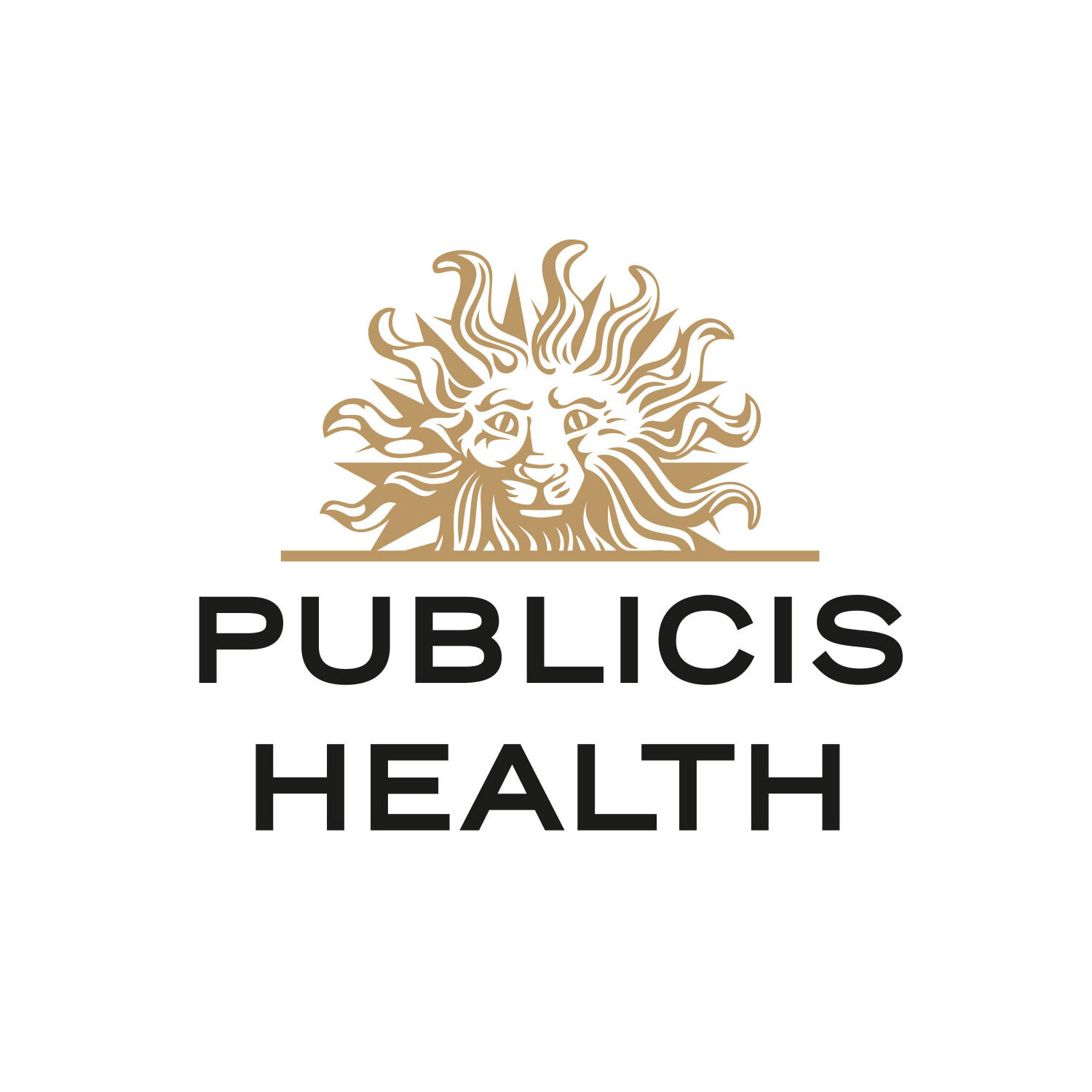COMING OUT IS A COLLECTION OF OCCURRENCES
By Ivy Fan, Marketing Intern, Publicis Health
Nestled near the center of LGBT History Month, National Coming Out Day is recognized on October 11, and is a day used by many queer folk as a holiday to “come out” and share their true identities.
While the definition of coming out may seem fairly clear-cut, the reality is somewhat more complicated. Merriam-Webster defines the verb “to come out” as
a. to openly declare one’s sexual orientation or gender identity
b. to openly declare something about oneself previously kept hidden
Despite how direct the description makes it sound, there is much more nuance to the decision of coming out than could ever be encapsulated in a simple dictionary definition. Coming out should be an active choice that breathes autonomy and control into the life of a queer individual. Yet, too often, queer folk are pre-emptively “outed” instead of given the power to control how and when they want to share their story.
For me, coming to terms with my sexuality and subsequently coming out to my friends at 15 years old in high school was easy. My friends didn’t bat an eye when I told them that I was pansexual and my attraction wasn’t limited to boys. However, being out to my family was a different experience. Like many queer POC, my narrative does not neatly fit the one portrayed and pushed into popular culture and media by cis-gendered white men. It didn’t consist of only two options: unconditional acceptance or being disowned.
When I initially came out, I lived in a contradiction where I was out to my entire school and to whomever stumbled upon my Instagram profile before I found the courage to come out to my family. Finding the right time and the right place to share my true identity with the family I lived under the same roof with didn’t feel like it was achievable. I had no precedent or rule book titled, How to Come Out to Your Immigrant Parents with the subheading of Explaining Pansexuality.
When the moment arrived for me to come out to my family, I sat with my mother inside her 2008 Subaru Tribeca in a chapel parking lot, waiting for my younger brother’s weekly Boy Scout meeting to end, and jumped to the conclusion that I should rip off the proverbial band-aid.
The first time coming out may be the most memorable and nerve-wracking, but it doesn’t end after that occurrence. Since high school, I have come out numerous times and confided in numerous people. Because coming out is defined as “declaring something about oneself that was previously hidden” and heteronormativity deems everyone straight until proven otherwise, I have been selectively out for a long time. Sometimes it’s harder to come out than others, but it’s always a part of the journey. Between now and when I first came to terms with myself, I’ve been out to my high school English teacher and club advisor, new friends, class groupmates, volleyball teammates, hundreds of people who follow my social media accounts, and most recently, my team at work.
The experience of coming out over time feels less like calling an emergency family meeting and more like a casual conversation.
Coming out looks like: A pan pride pin attached to the lapel of my denim jacket. Status updates on Twitter. Going out to celebrate with my queer friends. Holding hands with my partner. The rainbow flag hanging on the wall in the backdrop of my Zoom meeting. Pronouns in a bio. Dyeing my hair bright shades. Marching through the West Village during Pride. Sharing my coming out story with colleagues through a post on Marcel.
Coming out sounds like “I’m gay,” but also so much more: “I went on a date to the museum with my girlfriend.” “I wrote about the intersectionality of my queer and Asian American experiences.” “I like your Docs.” “I went to a King Princess concert.” “We have to go to another drag show.”
To come out isn’t to step out of the closet and into a neat and tidy labeled box. Nor does it mean that the closet door is ever fully closed. In unwelcome or uncertain spaces (especially in professional settings), it can often be much easier to step back into the twisted comfort of the closet. It takes courage and support from others to come out. Therefore, the ultimate goal isn’t for every queer person to come out, but rather on all of us, allies included, to create safe and comfortable environments that allow us to celebrate all facets of our identities.
A few coming out resources:
Ivy Fan is a 2020 Marketing Intern at Publicis Health and Publicis Health Academy Alumnus. She is a junior at Boston University majoring in Business Administration concentrating in Marketing and minoring in Advertising & Psychology. She finds simple pleasures in collecting houseplants, drinking coffee, and visiting art museums.

